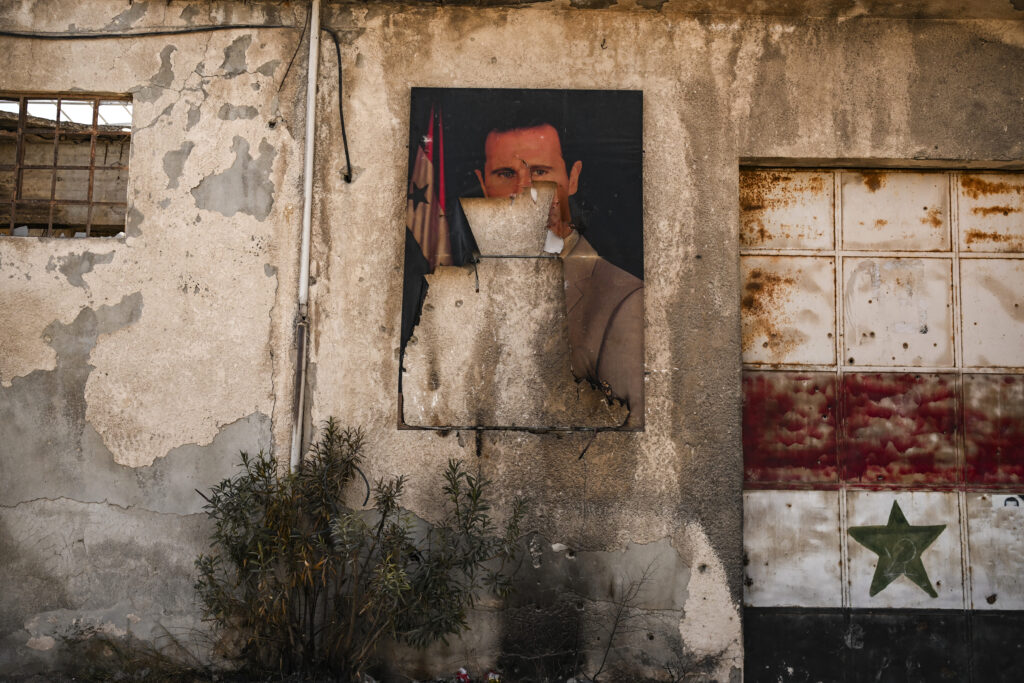An Explosion Kills The Head Of Russia’s Nuclear Defense Forces
Lt. General Igor Kirillov’s assistant also died in the blast, triggered by an explosive device planted close to a residential apartment block in Moscow.

MOSCOW (AP) — An explosive device planted near an apartment building in Moscow killed the head of Russia’s nuclear and chemical forces early Tuesday, officials said.
Russia’s Investigative Committee said the bomb, which was triggered by the device placed in a scooter, killed Lt. General Igor Kirillov and his assistant.
Kirillov, who was named the head of Russia’s nuclear defense forces in April 2017, was under sanctions from several countries including the U.K. and Canada for his role in Ukraine.
The bomb was triggered remotely and had the power equivalent to roughly 300g of TNT, Russian state news agency Tass reported, citing unnamed sources in the emergency services.
State television footage from the scene showed shattered windows and scorched and blackened brickwork.
“Investigators, forensic experts and operational services are working at the scene,” the committee’s spokesperson, Svetlana Petrenko, said in a statement. Investigative and search activities are being carried out to establish all the circumstances around this crime.”
She also said Moscow is treating the bombing as a terrorist attack.
Ukraine’s Security Services, the SBU, charged Kirillov on Dec. 16 with the use of banned chemical weapons during Russia’s military operation in Ukraine that started in Feb. 2022.
In May, the U.S. State Department also said in a statement that it had recorded the use of chloropicrin, a chemical weapon first used in World War I, against Ukrainian troops. The SBU also said they had recorded more than 4,800 uses of chemical weapons on the battlefield since February 2022, particularly K-1 combat grenades.
Tuesday’s attack is not the first to target a Russian official.
On Dec. 9, an explosive device was placed underneath a car in the Russian-occupied Ukrainian city of Donetsk, reportedly targeting Sergei Yevsyukov, the head of the Olenivka Prison where dozens of Ukrainian prisoners of war died in a missile strike in July 2022. One other was injured in the blast.
Russia’s Federal Security Service said on Sunday a suspect was arrested and charged with detonating the device.
We Need Your Support
Already contributed? Log in to hide these messages.
During the almost 3-year operation, Russia has made small but steady territorial gains to the nearly one-fifth of Ukraine it already controls.







